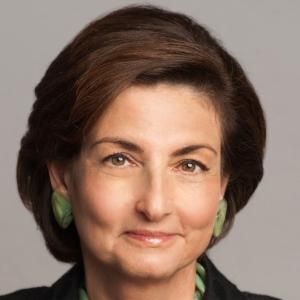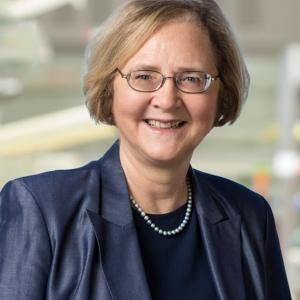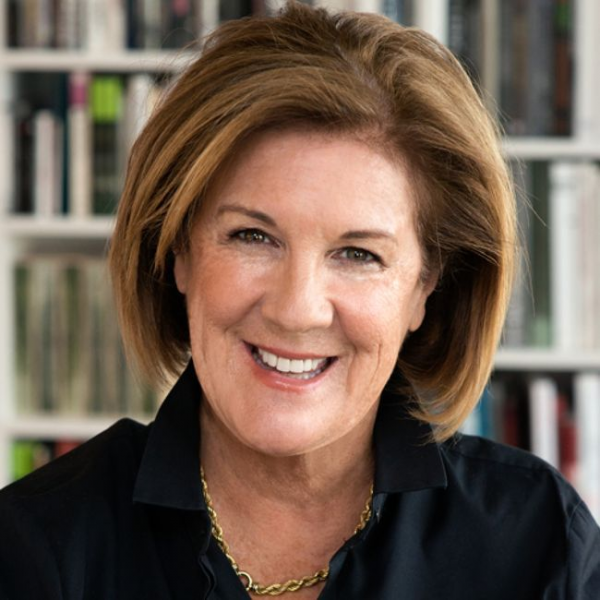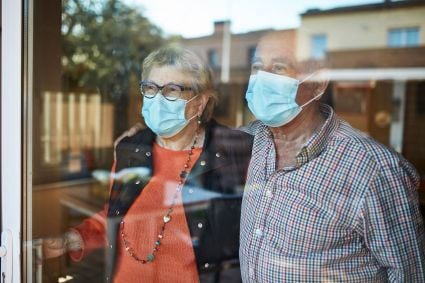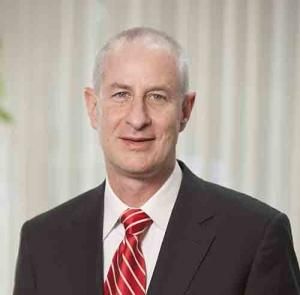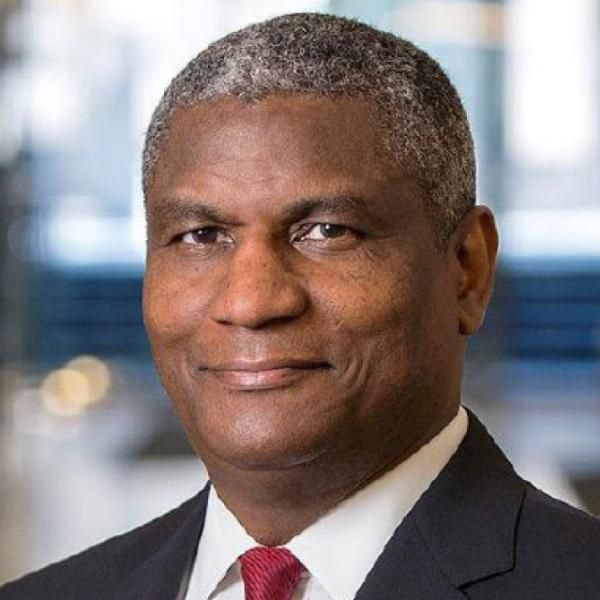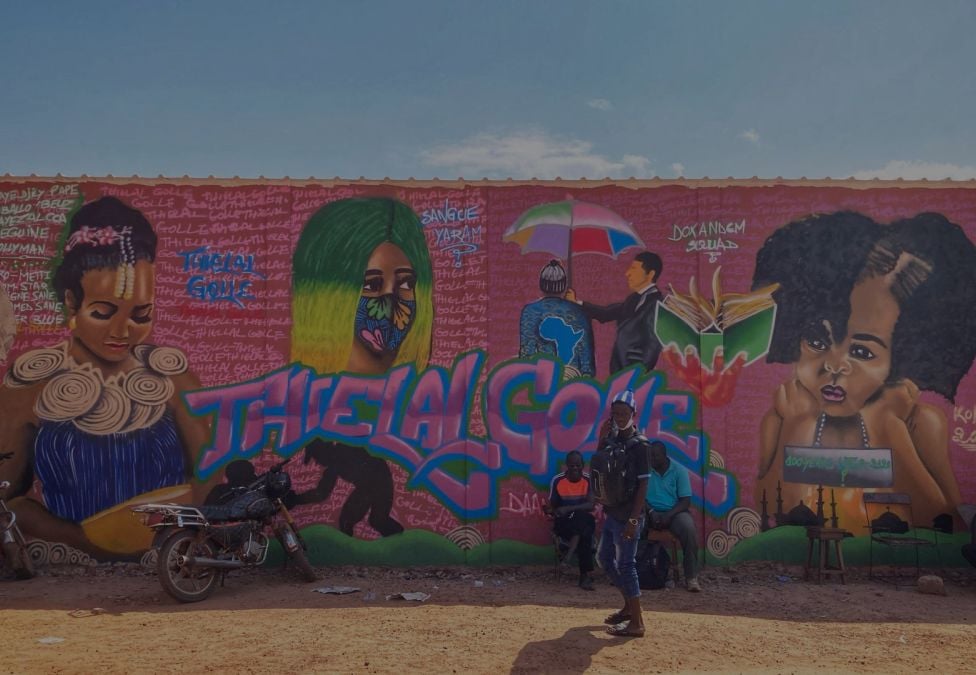
The region of Kolda in southern Senegal has largely been able to contain COVID-19 due to the region’s isolated geography, national policy decisions, and local pandemic preparedness.
“But tell me, is the coronavirus even real?” Boubacar Kande asks while threshing peanuts on a crisp December morning outside the city of Kolda in southern Senegal. “The market is struggling. There is no work, and there is no money. But I haven’t seen a single person with this disease.”
Ironically perhaps, Kande’s remark reflects the success local public health officials have had in containing COVID-19. By the end of 2020, the virus had infected about 20,000 people and killed 410 across Senegal, but the Kolda region had seen only 222 confirmed cases and less than a dozen fatalities. This impressive early containment of the pandemic is due a combination of geography, pandemic readiness, and decisive policymaking. As a result, COVID-19’s main impact has been on Kolda’s economy, where 77 percent of the population lives below the national poverty line. Unlike in South Africa and Nigeria, however, the government response appears to have been effective, as vulnerable households received crucial support to survive the worst of the downturn.
Kolda’s isolated geography and national policy decisions gave local officials time to execute on pandemic preparedness plans
Geography likely helped Kolda, and many primarily rural regions across Senegal, avoid early community spread of COVID-19. First, it takes around 14 hours on public transportation to reach the city of Kolda from Dakar, so there is little daily commuting to and from the capital. Second, as Kolda is about 12° north of the equator, the temperature hovers around 90°F (32°C) even at the coolest time of the year, and life mostly takes place outside, making viral transmission less likely.
But perhaps as important as geography, national policy decisions likely protected Kolda from COVID-19 outbreaks. At the end of March, the national government declared a three-month State of Emergency and established a nightly curfew from 8pm to 6am, along with a prohibition on large gatherings. Schools closed their doors, and online learning and educational television programs were introduced. Borders with neighboring countries were closed.
These factors meant that when the virus did eventually arrive to Kolda, at the end of March 2020, public health officials were ready. Past experience combatting the Ebola epidemic also helped. Following plans established after the Ebola epidemic, which killed over 11,000 people in West Africa several years ago, officials in the city of Kolda repurposed an unfinished building at the back of the regional hospital as a COVID-19 treatment center, with one unit for suspected cases and another for confirmed cases. They also established contact-tracing teams and welcomed a mobile laboratory sent by the Pasteur Institute in Dakar to process tests.
“We had to rely first on ourselves because when COVID-19 arrived, the world came to a standstill.”
Dr. Djibril Sané, the Director of the Kolda Regional Hospital, says he and his colleagues understood the COVID-19 pandemic would require self-sufficiency, putting years of planning to the test. “We had to rely first on ourselves because when COVID-19 arrived, the world came to a standstill.”
The region’s pandemic preparedness proved to be effective, and Kolda did not see its first outbreak of cases until months later, following the expiration of the State of Emergency and celebrations of Tabaski, the biggest holiday of the year, in August. But containment efforts since then have also been largely successful, with the number of new cases in Kolda steadily declining, to the point where the region recorded no new cases for weeks during the fall months. However, since December, a handful of infections have appeared, coinciding with a rise of COVID-19 cases in other parts of Senegal.
Containment measures have had economic repercussions, particularly in urban centers While COVID-19 containment policies likely helped prevent wider outbreaks, border closures, market curfews, and school closures took a toll on the region’s economy.
Kolda, which sits between The Gambia, Guinea Bissau, and Guinea, is often described as a roundabout for goods traveling between these countries. The border closures during the State of Emergency plunged cross-border markets into disarray. Lamarana Sow, a vendor in the usually hectic Kolda market in the region’s capital, said that palm oil, ginger, honey, and a flavoring called oyyi, all doubled in price. While the border between Senegal and Guinea opened in June, the Guinean government closed it again in October, stopping the flow of goods and keeping prices high.
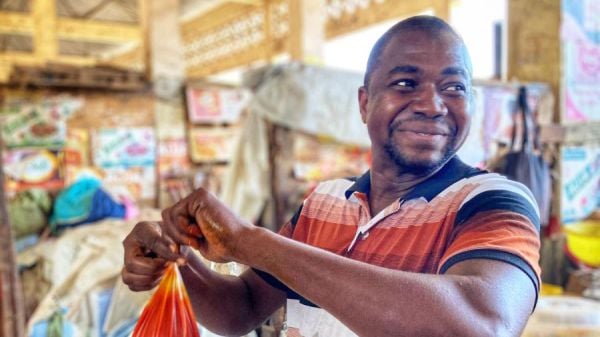
Lamarana Sow, in Kolda market. Photo: James Courtright. All rights reserved.
The curfew also inhibited internal commerce. Mamadou Diao, chief of Saare Goundo, a community of nearly three hundred people six kilometers outside the city, says the biggest issue his community faced was navigating COVID-19 mitigation policies in the cities. During the State of Emergency, Diao says, the city markets were closed at 3pm, which created significant logistical problems for people who sell their produce in town. “Sometimes you cannot get to the market early, so when it closes at 3pm, we did not have enough time to sell,” he explains.
School closures, likewise, had economic consequences, particularly for women. Many mothers, especially in the city, use the school day to earn income while their children are in class. Sona Kande, who lives in the city of Kolda, previously sold crème glace, a frozen sweet, while her kids were in school during the day. When the schools closed, all nine of her husband’s children, in addition to the children of rural relatives who are sent to study in the city, were suddenly home all day. Even with some childcare support, Kande’s free time disappeared, and she had to give up this source of income for several months.
The impacts fed into an overall economic downturn, which has affected a variety of businesses in Kolda, particularly in the larger urban centers. “The city is where people meet, it’s where the economy is,” says Daouda Sidibé, the Deputy Mayor of Kolda. “The people in the city have faced more hardship caused by this virus than people in rural areas.”
Hairdressers, restaurateurs, and other service providers in the city have suffered losses. Souleymane Sow, who runs a small tailor shop at the center of Kolda city, says his clients now have less disposable income and have largely forgone having new clothes made. He says 2020 was a “devastating year” for his business.
Government support likely prevented wider economic devastation
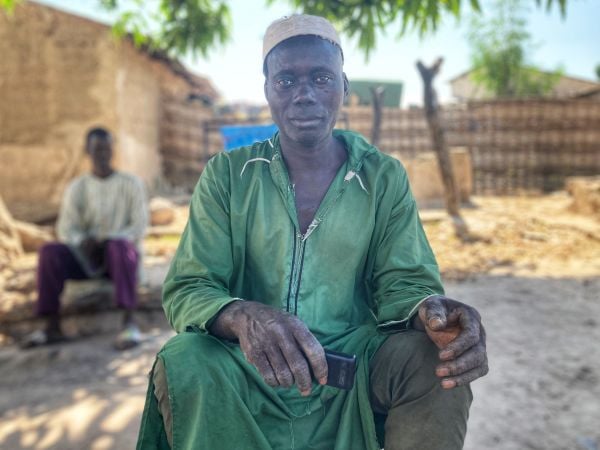
Mamadou Diao, chief of Saare Goundo. Photo: James Courtright. All rights reserved.
To its credit, the government anticipated the kinds of economic disruption described above and announced a broad relief package for citizens alongside the State of Emergency restrictions. Domestic water and electricity bills were waived. Government funds bailed out hotels and transportation firms. Senegalese households received rice, cooking oil, sugar, and pasta.
Service workers in the city of Kolda have expressed appreciation for the government’s provision of basic food stuffs and utility bill relief during the early days of the crisis, saying it could not have come at a more crucial moment. Likewise, Chief Mamadou Diao of rural Saare Goundo, says basic foods delivered to each household ensured that even the most vulnerable families in his community had enough to sustain themselves until the harvest season. “Between the aid and the good rains this year, thanks be to God, we have not been too affected by corona.”
Looking forward
Senegal is currently experiencing a second wave of infections that is worse than what the country experienced in 2020. On January 6, 2021, the national government announced a second State of Emergency, which includes a new curfew and a ban on large gatherings in the major cities of Dakar and Thies. Kolda does not have a curfew for now, but the ongoing border closures are still affecting the local economy. Meanwhile, there are newly confirmed cases of community spread in Kolda and fears that not enough tests are being done.
“COVID-19 cases may have declined, but we’re still with it. Wearing masks and washing hands must continue, and we beg the population to continue to follow the guidelines. Only together can we get through this.”
Some are placing their hopes in the potential for widespread vaccination, and the Senegalese government recently announced plans to begin vaccine distribution in March. It remains to be seen, though, how long citizens of the Kolda region will have to wait to have access, and whether they will be willing to sign up. When asked about the vaccination, people in the city expressed a certain level of suspicion. “I’ll wait until [President] Macky Sall and his ministers take the vaccine on TV,” says Omar Djamanka, a tailor in the Sinthian Samba Koulibali neighborhood.
For now, local officials are stressing the dangers of complacency. “COVID-19 cases may have declined,” says Deputy Mayor Daouda Sidibé, “but we’re still with it. Wearing masks and washing hands must continue, and we beg the population to continue to follow the guidelines. Only together can we get through this.”
